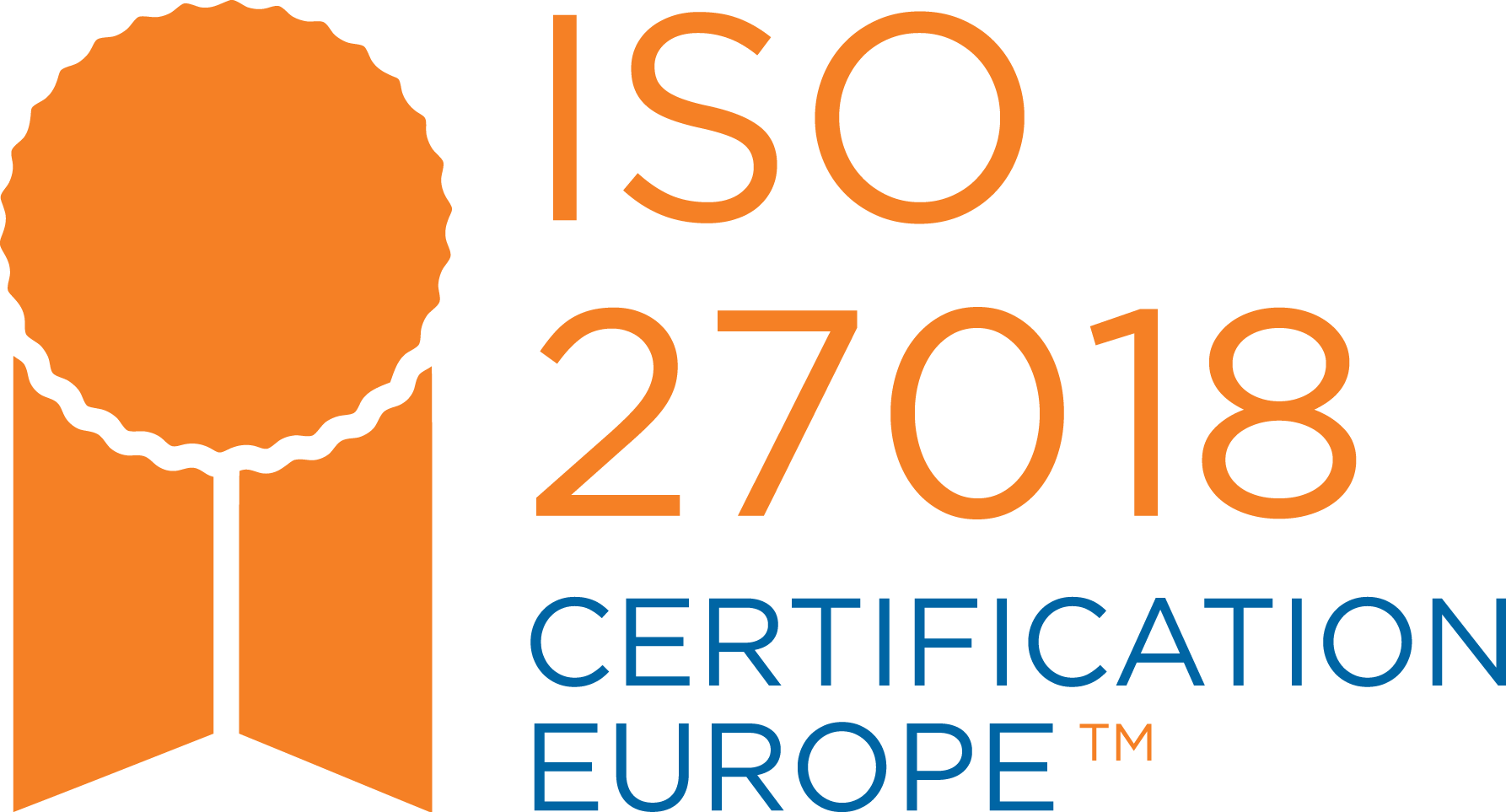Cookie Policy
What is a cookie?
A cookie is a small piece of data that a website asks your browser to store on your computer or mobile device. The cookie allows the website to “remember” your actions or preferences over time.
Most browsers support cookies, but users can set their browsers to decline them and can delete them whenever they like.
Description
Websites mainly use cookies to:
- identify users
- remember users’ custom preferences
- help users complete tasks without having to re‑enter information when browsing from one page to another or when visiting the site later.
Cookies can also be used for online behavioural target advertising and to show adverts relevant to something that the user searched for in the past.
When you first visit this website, you will see a message informing you about the cookie consent statement. If you click the ‘Accept Cookies’ button, a cookie will be set that records your preference of opting in to all the optional cookies in the Voicesage.com website. Alternatively, you will have the option to manage your preference through the cookie settings page where you can accept or reject all, or certain optional cookies.
How we use cookies?
The web server supplying the webpage can store a cookie on the user’s computer or mobile device. An external web server that manages files included or referenced in the webpage is also able to store cookies. All these cookies are called http header cookies. Another way of storing cookies is through JavaScript code contained or referenced in that page.
Each time the user requests a new page, the web server can receive the values of the cookies it previously set and return the page with content relating to these values. Similarly, JavaScript code is able to read a cookie belonging to its domain and perform an action accordingly.
What are the different types of cookies?
A cookie can be classified by its lifespan and the domain to which it belongs. By lifespan, a cookie is either a:
- Session cookie which is erased when the user closes the browser or
- Persistent cookie which remains on the user’s computer/device for a pre-defined period of time.
As for the domain to which it belongs, there are either:
- First-party cookies which are set by the web server of the visited page and share the same domain
- Third-party cookies stored by a different domain to the visited page’s domain. This can happen when the webpage references a file, such as JavaScript, located outside its domain.
VoiceSage uses the following cookie types:
| Category |
Description |
| Strictly Necessary |
These cookies are necessary to deliver our services and the website needs them to function as expected. They need to be always turned on and therefore we do not provide an opt-out option. |
| Statistics |
Statistic cookies help website owners to understand how visitors interact with websites by collecting and reporting information anonymously. |
| Marketing |
Marketing cookies are used to track visitors across websites. The intention is to display ads that are relevant and engaging for the individual user and thereby more valuable for publishers and third-party advertisers. |
| Third Party |
These cookies may be set by third party websites and do things like measure how you view YouTube videos or how you interact with the Webchat on Voicesage.com. Customers will have an opt-out option for these. |
Statistics, Marketing, and Third-Party cookies can be opted out of. If you choose to opt out of Third-Party cookies, you may not be able to view the YouTube videos on VoiceSage.com
The ePrivacy Directive requires prior informed consent for storage or for access to information stored on a user’s terminal equipment. In other words, you must ask users if they agree to most cookies and similar technologies (e.g. web beacons, Flash cookies, etc.) before the site starts to use them.
For consent to be valid, it must be informed, specific, freely given and must constitute a real indication of the individual’s wishes.
However, some cookies are exempt from this requirement. Consent is not required if the cookie is:
- used for the sole purpose of carrying out the transmission of a communication, and
- strictly necessary in order for the provider of an information society service explicitly required by the user to provide that service.
Cookies clearly exempt from consent according to the EU advisory body on data include:
- user‑input cookies (session-id) such as first‑party cookies to keep track of the user’s input when filling online forms, shopping carts, etc., for the duration of a session or persistent cookies limited to a few hours in some cases
- authentication cookies, to identify the user once he has logged in, for the duration of a session
- user‑centric security cookies, used to detect authentication abuses, for a limited persistent duration
- multimedia content player cookies, used to store technical data to play back video or audio content, for the duration of a session
- load‑balancing cookies, for the duration of session
- user‑interface customisation cookies such as language or font preferences, for the duration of a session (or slightly longer)
- third‑party social plug‑in content‑sharing cookies, for logged‑in members of a social network.
How to control cookies
You can control and/or delete cookies as you wish – for details, see www.aboutcookies.org. You can delete all cookies that are already on your computer, and you can set most browsers to prevent them from being placed. If you do this, however, you may have to manually adjust some preferences every time you visit a website, and some services and functionalities may not work. You will not be able to opt-out of any cookies or other technologies that are “strictly necessary” for services. Where you have not set your permissions, we may also separately prompt you regarding our use of cookies on the site.





